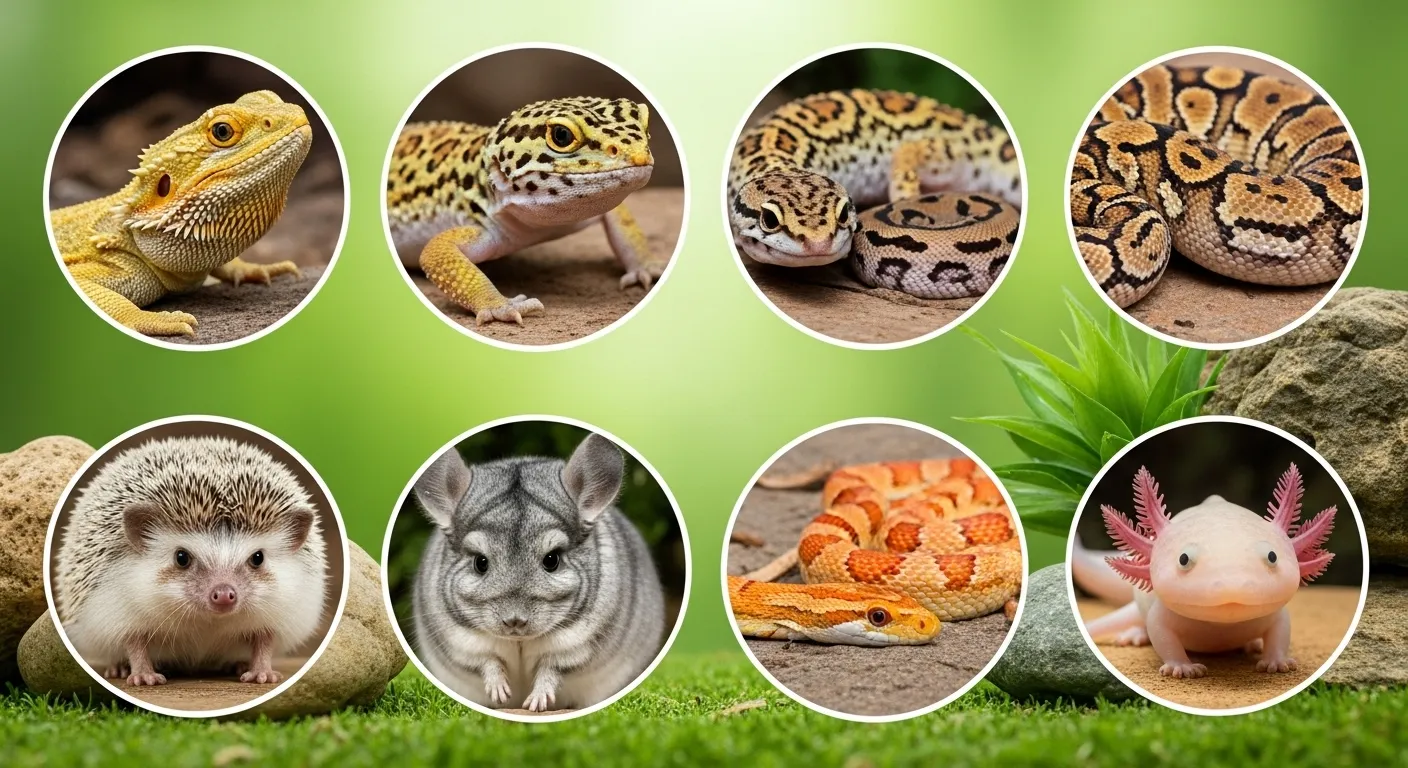Exotic pets can bring a unique touch to your home. Many people choose them for their distinct looks and behaviors. This article covers seven options known for simpler upkeep. Always check local laws before getting one, as rules vary by area. Research from various sites shows these animals suit beginners with basic setups. If you’re unsure about which pet fits your lifestyle, try our pet compatibility checker to see matches.
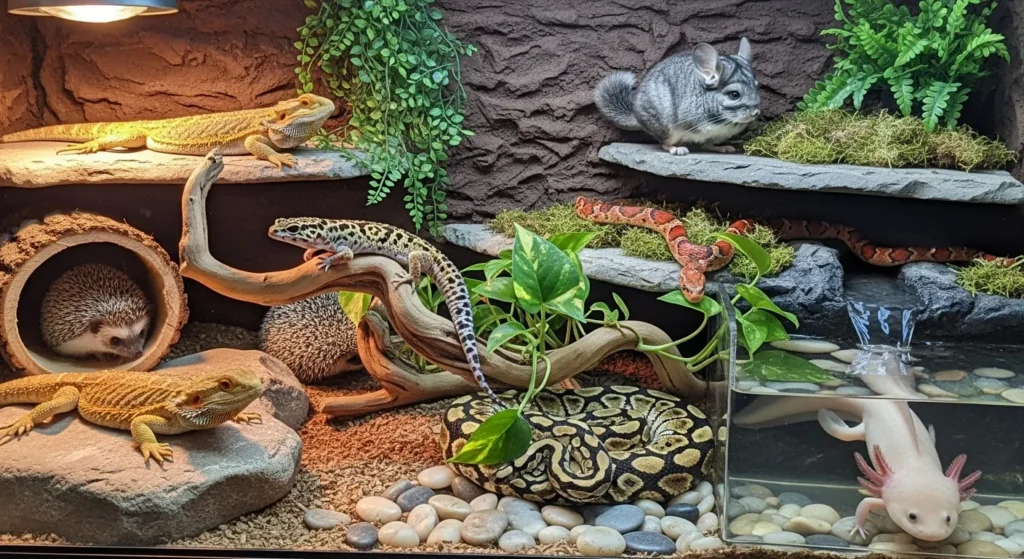
1. Bearded Dragon
These lizards come from Australia and stand out with their calm nature. They handle well and fit for those new to reptiles. Owners find them responsive to human contact.
Habitat Needs
Set up a tank around 40 gallons or larger. Include areas for warmth, with one side at about 95 to 110 degrees Fahrenheit for basking and the other cooler at 75 to 85 degrees. Add UVB lighting to support health.
Diet
Feed a mix of vegetables, fruits, and live insects such as crickets. Offer food daily for young ones and less often for adults.
Lifespan and Care Tips
They live 10 to 15 years. Clean the enclosure weekly and provide fresh water. They need space to move but not constant playtime. For other lizard ideas, read our post on 5 cool lizards great pets.
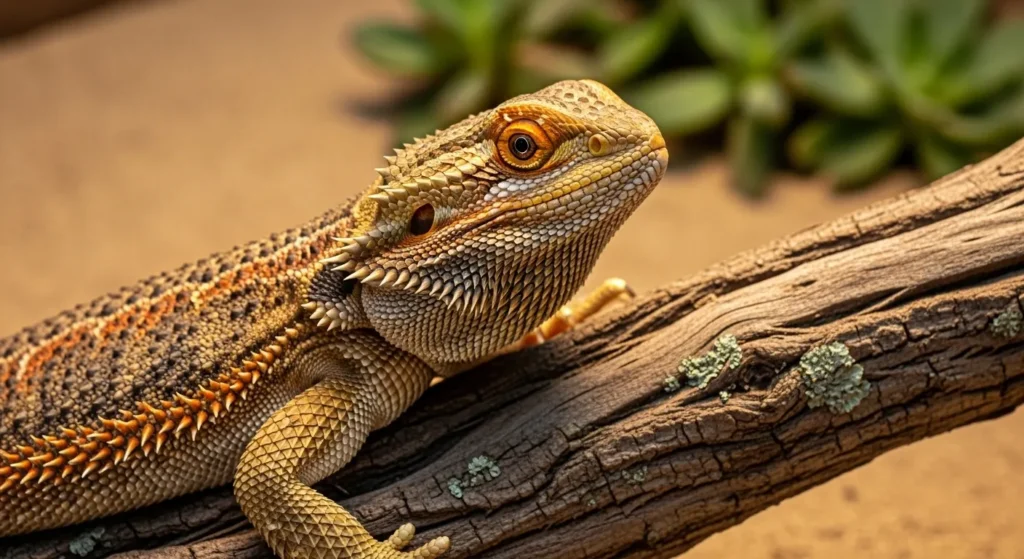
2. Leopard Gecko
Small reptiles like these make good starters due to their size and mild temper. They stay active at night and show colorful spots.
Habitat Needs
Use a 10 to 20 gallon tank. Heat one end to 88 to 90 degrees for warmth without UVB lights. Include hides for security.
Diet
Give insects like mealworms or crickets dusted with vitamins. Feed every other day.
Lifespan and Care Tips
Expect 15 to 20 years. They require minimal handling but tolerate it. Keep the setup dry and clean to prevent issues.
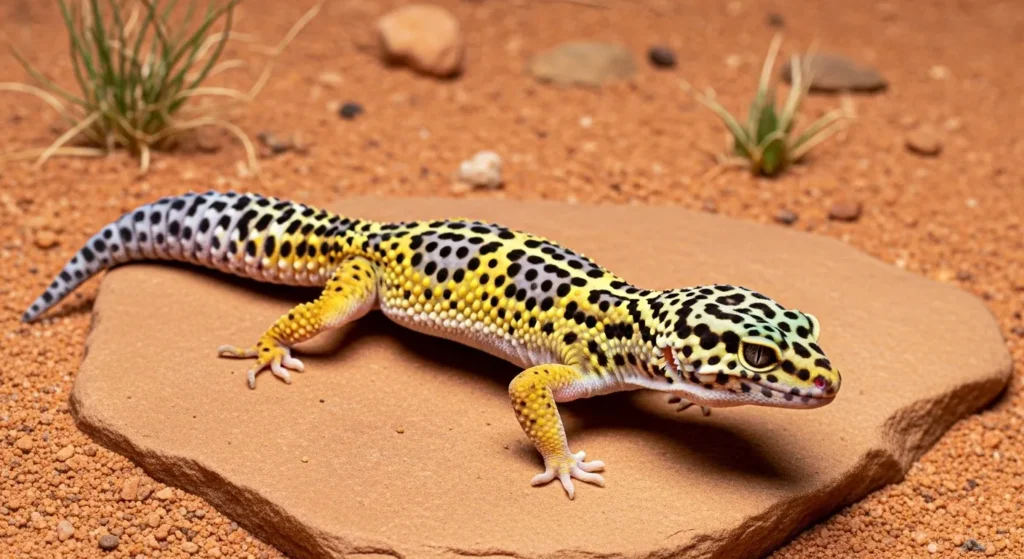
3. Ball Python
Known for their quiet ways, these snakes curl into a ball when stressed. They suit small spaces and basic routines.
Habitat Needs
Provide a secure tank with temps from 80 to 85 degrees, plus a warmer spot at 90 degrees. Add branches or hides.
Diet
Offer frozen-thawed rodents every one to two weeks, based on size.
Lifespan and Care Tips
They can reach 30 years. Monitor humidity and ensure no escapes. They eat less often than many pets. Check our pet symptom checker if you notice any health changes.
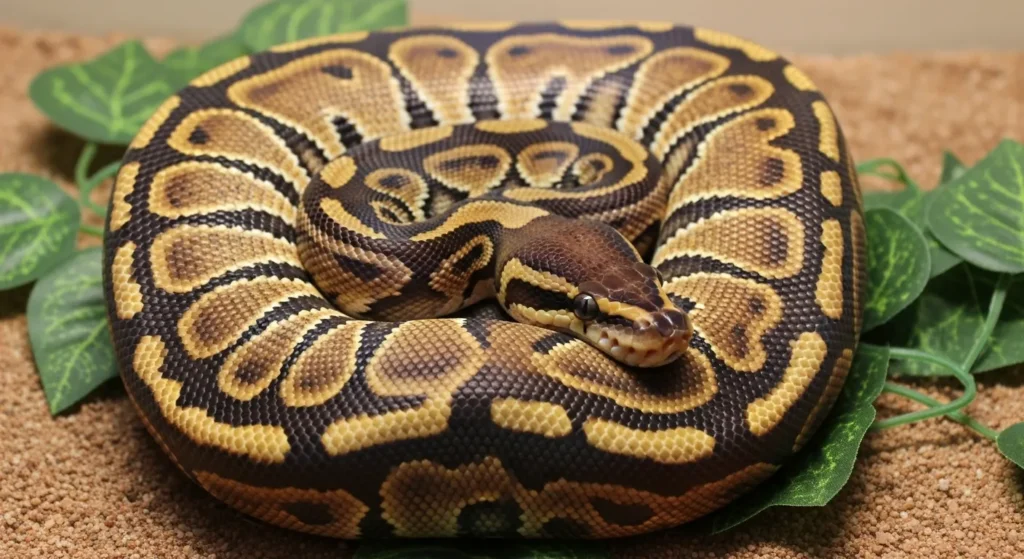
4. Hedgehog
These spiny mammals act alone and prefer night hours. Their small build fits apartments well.
Habitat Needs
Choose a large cage with a wheel for runs. Keep it warm and add bedding for burrows.
Diet
Use hedgehog food plus fruits and insects as treats. Feed once daily.
Lifespan and Care Tips
Life span varies, often 4 to 6 years. Trim nails and bathe occasionally. They need quiet days for sleep. Learn more in our guide on how to clean hedgehog quills safely.
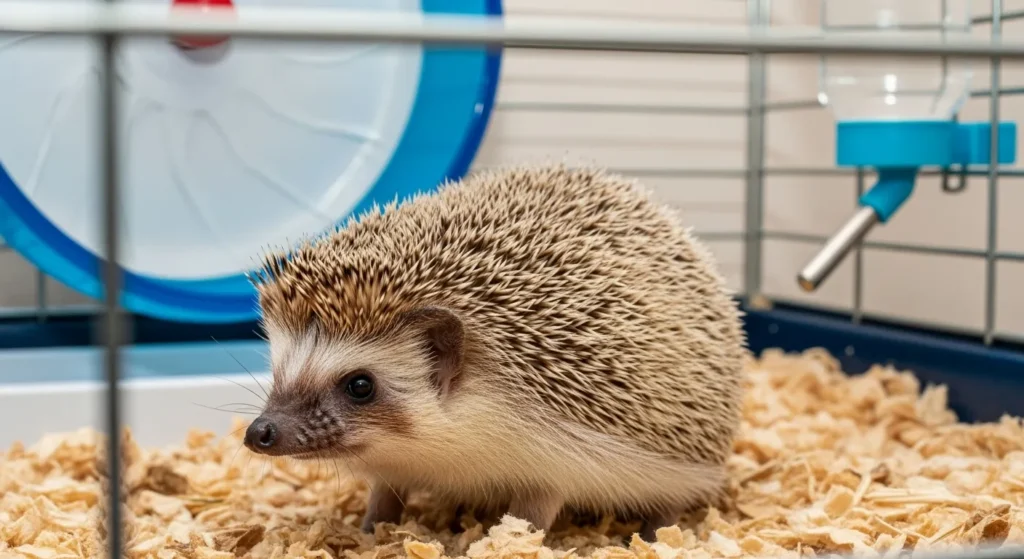
5. Chinchilla
Active rodents with soft fur, they jump around in play. Cool rooms help them stay comfortable.
Habitat Needs
Get a tall, multi-level cage. Maintain temps below 75 degrees and include dust for baths.
Diet
Hay forms the base, with pellets and rare treats like raisins.
Lifespan and Care Tips
They live 10 to 20 years. Handle gently to build trust. Dust baths keep fur clean without water. See our list of 10 cute pocket pets for small homes for similar options.
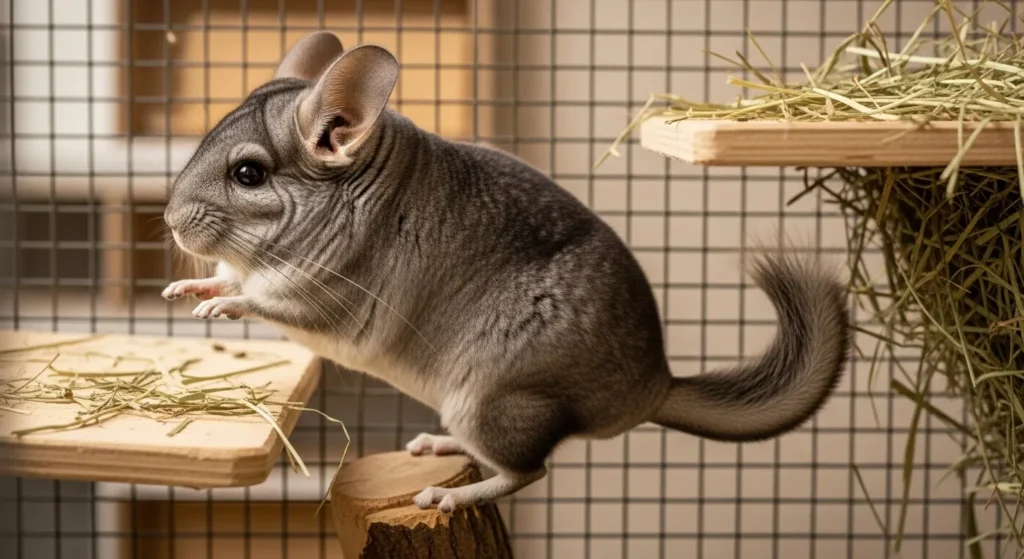
6. Corn Snake
Brightly colored snakes that stay manageable in size. They move smoothly and show curiosity.
Habitat Needs
A 20 gallon tank works, with heat gradients and secure lids. Add climbs and hides.
Diet
Rodents every week or so, adjusted for age. Use pre-killed for safety.
Lifespan and Care Tips
Up to 20 years. They shed skin regularly; mist to aid. Low feeding needs make them simple.
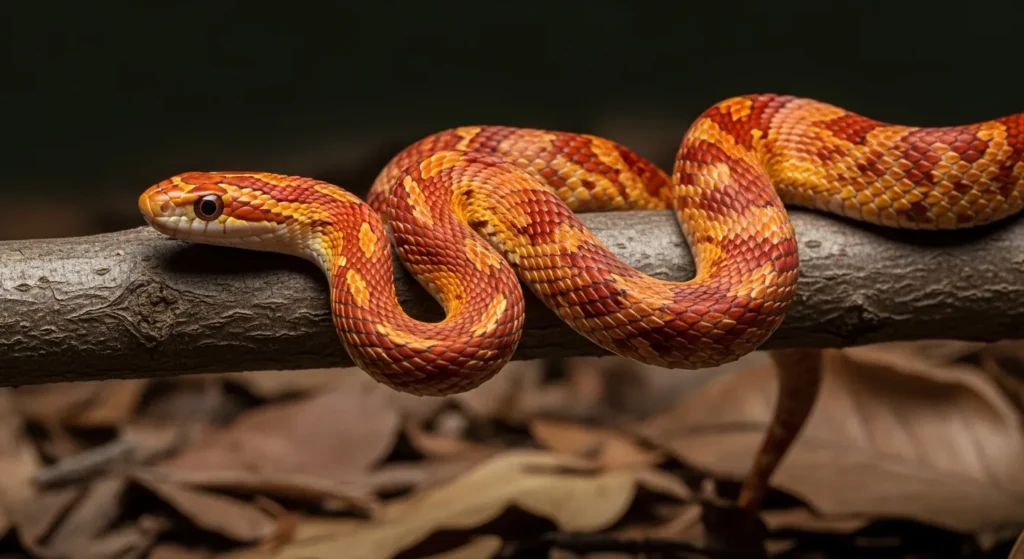
7. Axolotl
Water-dwelling salamanders with external gills. They regenerate parts and look like they smile.
Habitat Needs
A 20 gallon aquarium with cool water at 60 to 68 degrees. No strong filters; add plants.
Diet
Worms or pellets a few times weekly. Avoid overfeeding.
Lifespan and Care Tips
10 to 15 years. Change water often to keep clean. They stay in water fully, no land needed. For aquatic pet ideas, view our article on 7 easy care fish vibrant tanks.
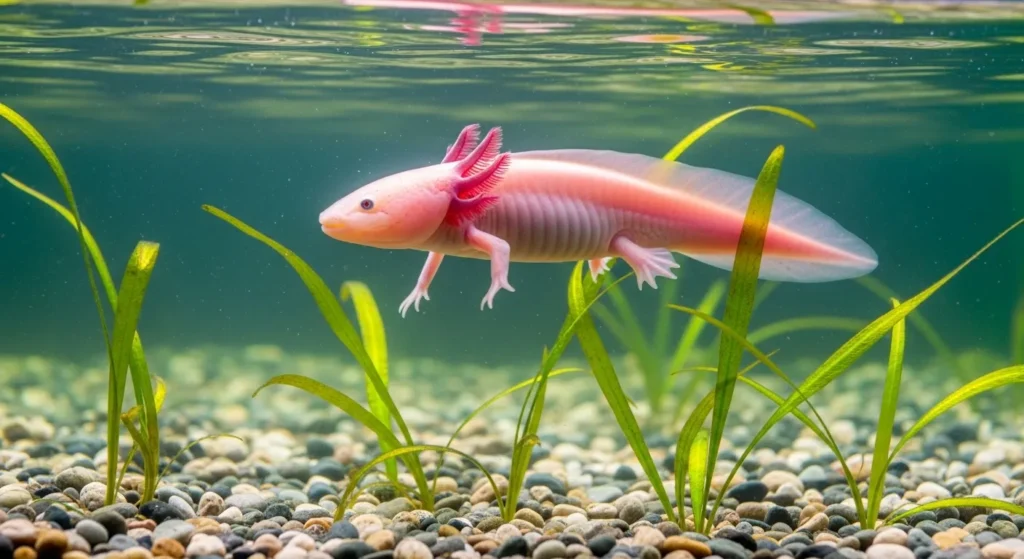
These pets offer variety without heavy demands. Pick based on your space and time. Visit a vet for specific advice. For more beginner tips, check our post on 7 easy care exotic pets for beginners. If you need a name idea, use our pet name generator.
